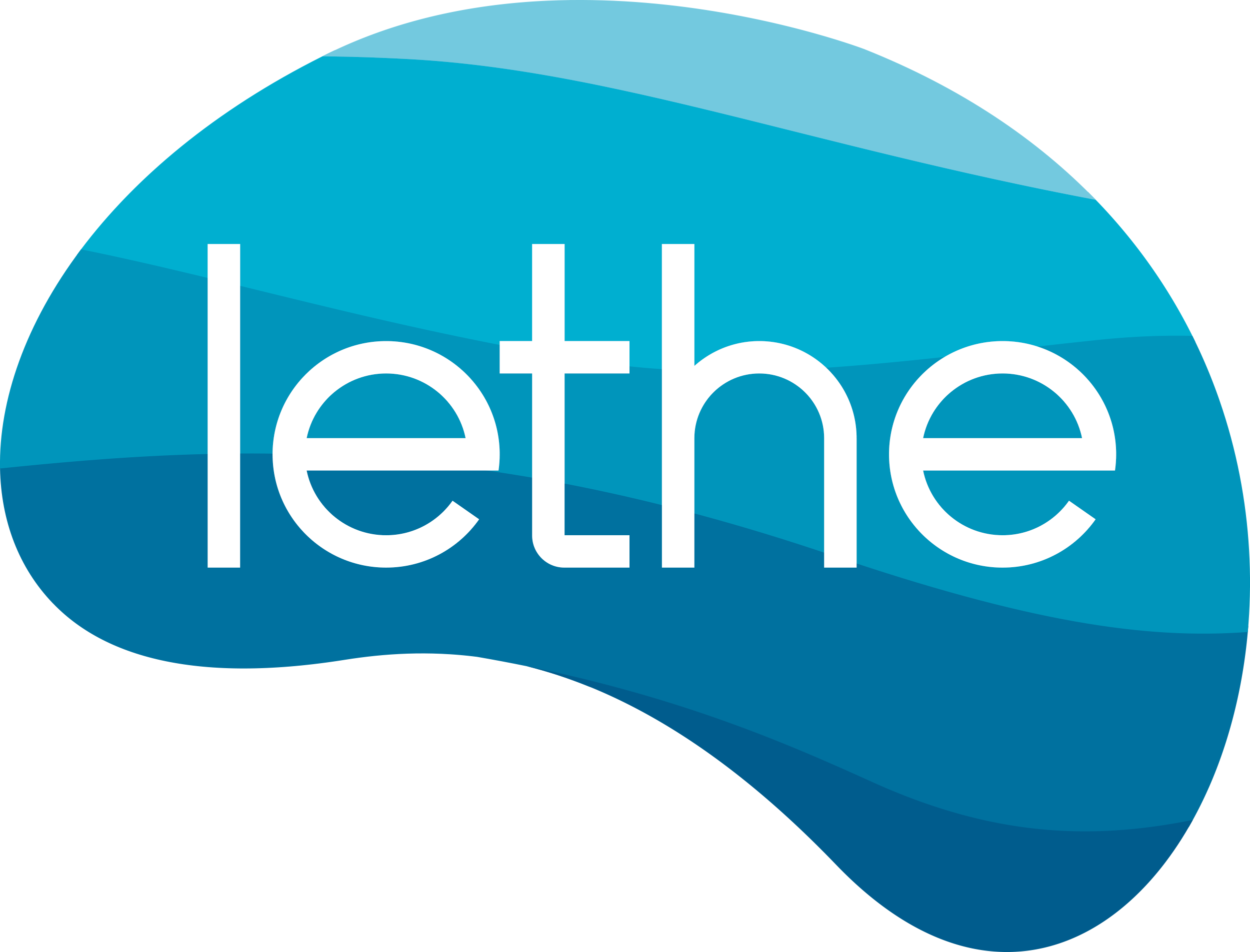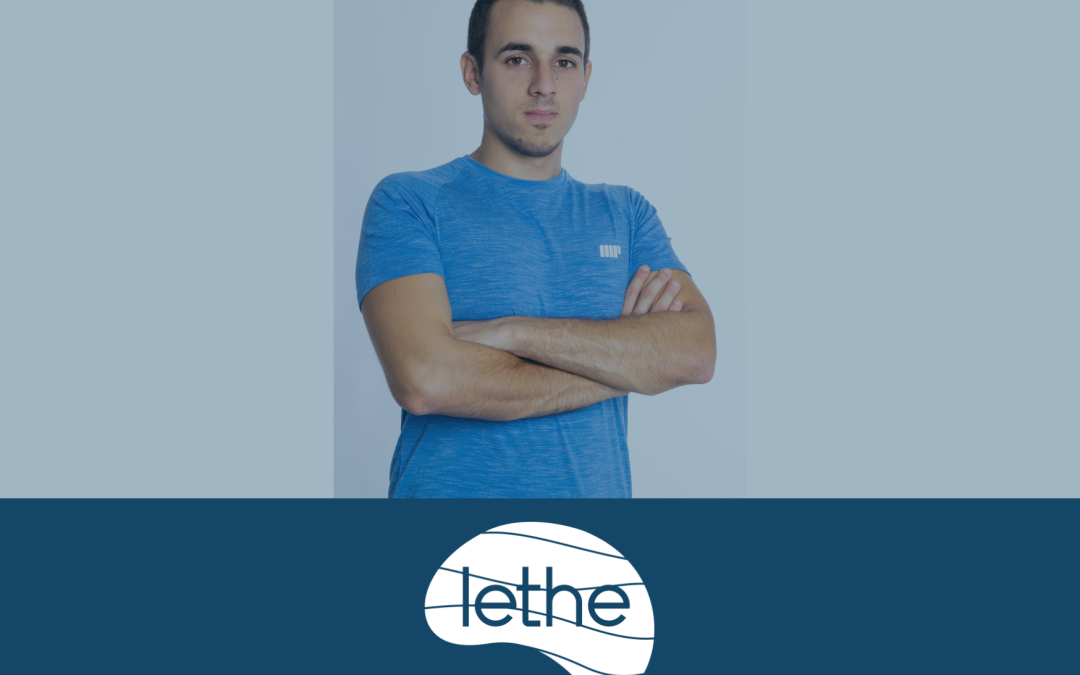What made you decide to follow a career in the field of science and technology?
Improving lifestyle and exercise interventions have a profound scientific solid evidence base, if you do something that is “scientifically proven” and effective, benefits will come. What makes the difference is actually yourself and your day to day motivation. Technology, and COVID taught us so, applications and devices have the potential to be very effective motivating tools and can enable people to “stay on the right path” when it comes to lifestyle. Also, the data gathered with such tools can show us how “good” we are doing, which in turn can further motivate more people to adhere to an active and healthy lifestyle. I think that it is exciting how technology can help us to begin and follow protocols and interventions with a solid scientific background.
What excites you most about your work?
The most exciting thing about my job is when a digital technology is actually solving problems or improving situations that people face in their daily lives, make them feel better (emotionally and/or physically), enabling them to enjoy life more, for example by enabling them to take their grandchildren to the park and play with them again. To be honest, one of the best outcomes about my job is when a person sees the results of their efforts and consistency in their wellbeing and health status, thanks to the information and support provided by a digital tool.
What are digital health platforms and how could they help people to improve their lifestyle?
To put it simple, digital health platforms are digital tools which can for example connect healthcare professionals and patients. They can be used for many reasons such as supporting the delivery of healthcare services, monitoring patients’ parameters at home, improve communication between healthcare professionals and many more. They can be especially useful in improving users’ lifestyle, since they can be the tool by which you can deliver effective exercise, nutritional and motivational interventions in a continuous and monitored way. Is it very important that the content included in those platforms is based on solid and sound scientific results and that the intervention is adapted to the characteristics and needs of users. By having such tools available, people can access lifestyle interventions and be motivated to stick to them in the long term, which can benefit their health and wellbeing as well as ease some disease-specific symptoms or side effects of treatments.
You are currently involved in the development of a digital health platform for the LETHE project. What is the platform about?
The platform we are building in the LETHE project will be a Health Literacy Portal, where interested people can find evidence-based content about lifestyle and brain health in general. This is a promising and very exciting project because it will help patients and people in general to know more about how lifestyle (exercise, nutrition, relaxation, sleep and many more) can play a fundamental role when it comes to the health of the functions of the brain.
What factors are important to consider when developing such?
When developing such portal, a lot of factors have to be considered.
First of all, the portal has to be easy to use and provide evidence-based yet engaging content. Secondly, we have to be aware that information is processed and understood differently, depending on the educational level, healthy literacy as well as other characteristics.
Last but not least, we have to be updated with the current state of the art of media and online contents. Nowadays, with the widespread use of social networks such as Instagram and TikTok, people tend to have a shorter attention span. Therefore, we have to provide them with content that is relevant, easy, applicable in everyday life contexts and not boring or static, since otherwise people are less likely to engage with it.
What impact do you hope your work will have in the long run?
My hope for the Health Literacy Portal and the LETHE project is that people can have ready and easy to use digital solutions (applications, web portal, etc) that will have a positive impact on their overall health and wellbeing. My aim is that these digital tools help people to understand that digital solutions are not only meant to guide us in our shopping or watch funny videos but that they can have an impact on their wellbeing and ease to symptoms of already existing conditions.
What do you see as the key challenges & opportunities for your field of work?
When proposing digital solutions to people to improve their lifestyle, there are always some challenges that we must be aware of.
These include for example the continued use by people, which is a necessary condition to see the benefits in the short and medium term. Also, healthcare professionals invest time and effort in explaining the benefits of these solutions and how to effectively use them. From the prototyping and design side, healthcare professionals and potential users together should also be involved together and collaborate in the development, from the early stage of development. That is, because they both know the need and the characteristics that an adequate digital health platform should have in order to put the user at the centre of the entire solution.
The opportunities that digital tools can create are vast and include for example the accessibility for everyone to the same protocol/intervention, also to those living in remote areas and which cannot access to such activities anywhere. Ultimately, I believe patients are asking for such solutions because they can feel protagonist in their own care management and can be treated as person so as to promote the patient-centred approach, because the last thing that they want is to be seen as their disease and be passive actors of their own health.
°
°
The LETHE project has received funding from the European Union’s Horizon 2020 research and innovation programme under grant agreement no 101017405.
Stay updated, subscribe to our newsletter: Join our community


Recent Comments